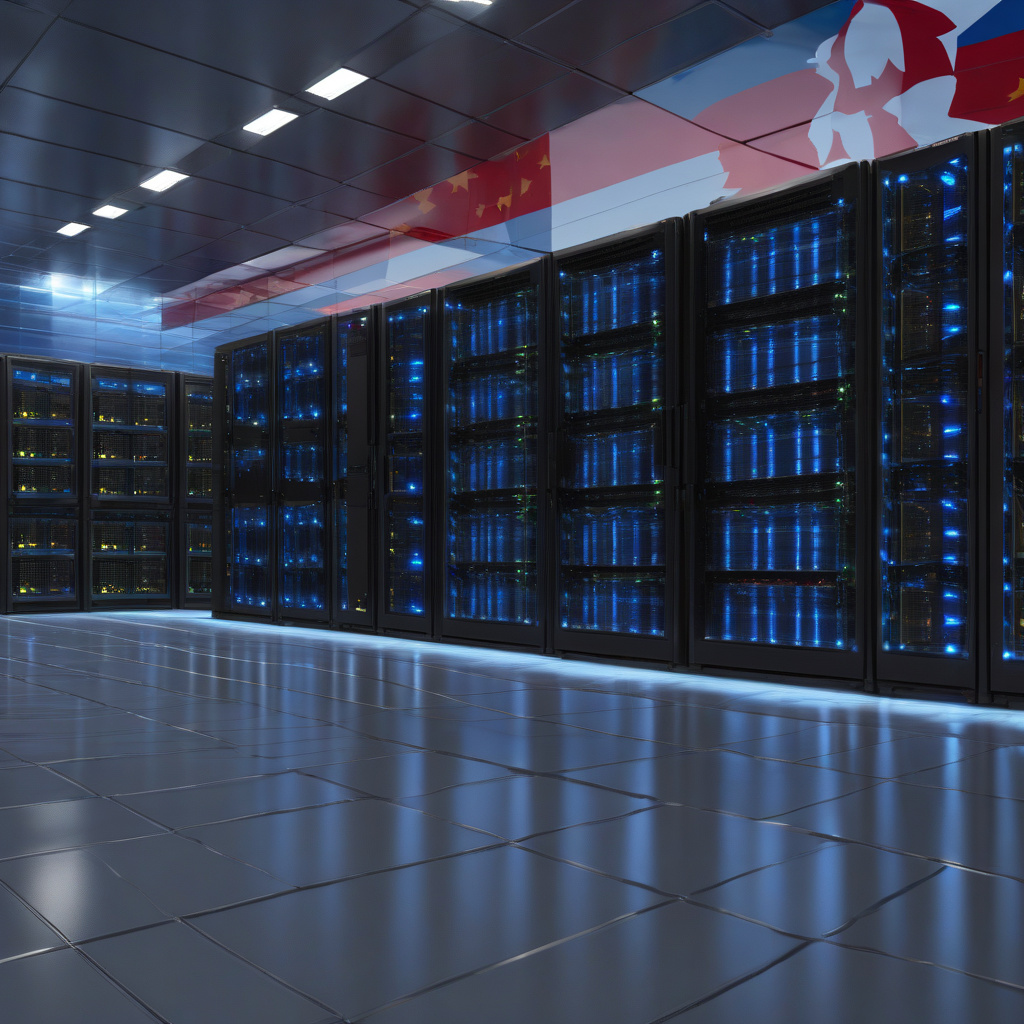New Jersey’s Proposed Bill Aims to Shed Light on Data Centre Energy and Water Usage
In the ever-growing digital landscape, the demand for data centers continues to surge, leading to a substantial increase in energy consumption and water usage. New Jersey, home to a significant number of large data centers, is now taking a proactive approach to uncover the real figures behind these resource-intensive facilities. A recently proposed bill in the state aims to delve into the energy and water consumption of data centers, sparking discussions on accountability and cost distribution.
The bill, driven by the escalating energy demand from data centers, seeks to address a crucial question – how much power and cooling water are these large-scale facilities truly utilizing, and ultimately, who bears the financial burden of these resources? By shining a light on these aspects, the legislation intends to provide transparency and pave the way for informed decision-making regarding data center operations and regulations.
Data centers are known for their substantial energy appetite, with power-hungry servers running non-stop to ensure seamless digital services. The cooling systems in these facilities further contribute to their energy consumption, as they work incessantly to maintain optimal operating temperatures. As a result, data centers have become one of the most significant energy consumers in the modern world, prompting concerns about sustainability and environmental impact.
In addition to energy usage, the bill also targets water consumption, particularly focusing on the cooling systems that rely on water for heat dissipation. Large data centers can consume millions of gallons of water annually for cooling purposes, putting pressure on local water sources and infrastructure. Understanding the water usage of these facilities is paramount to assessing their environmental footprint and implementing conservation strategies.
One of the key objectives of the proposed bill is to allocate responsibility for the costs associated with data center energy and water usage. By unveiling the actual consumption figures, policymakers can determine fair pricing structures and potential incentives for data centers to invest in energy-efficient technologies and sustainable practices. This not only benefits the environment but also promotes economic efficiency in the long run.
Moreover, transparency in energy and water usage can empower consumers and stakeholders to make informed choices about their data consumption and support environmentally conscious businesses. With the growing emphasis on corporate social responsibility and sustainability, data centers that demonstrate efficient resource management are likely to gain a competitive edge and enhance their reputation in the market.
While the bill in New Jersey marks a significant step towards understanding and regulating data center resource usage, it also underscores the broader need for standardized reporting and monitoring protocols across the industry. Establishing clear guidelines for data center operators to track and disclose their energy and water metrics can drive accountability and foster a culture of efficiency and conservation.
In conclusion, the proposed legislation in New Jersey reflects a growing awareness of the environmental and economic implications of data center operations. By uncovering the true extent of energy and water consumption in these facilities, the state aims to foster sustainability, encourage responsible practices, and ensure fair cost distribution within the industry. As data centers play a pivotal role in the digital economy, addressing their resource usage is not only a regulatory necessity but also a strategic opportunity for innovation and progress.
data center, energy consumption, water usage, sustainability, cost distribution
